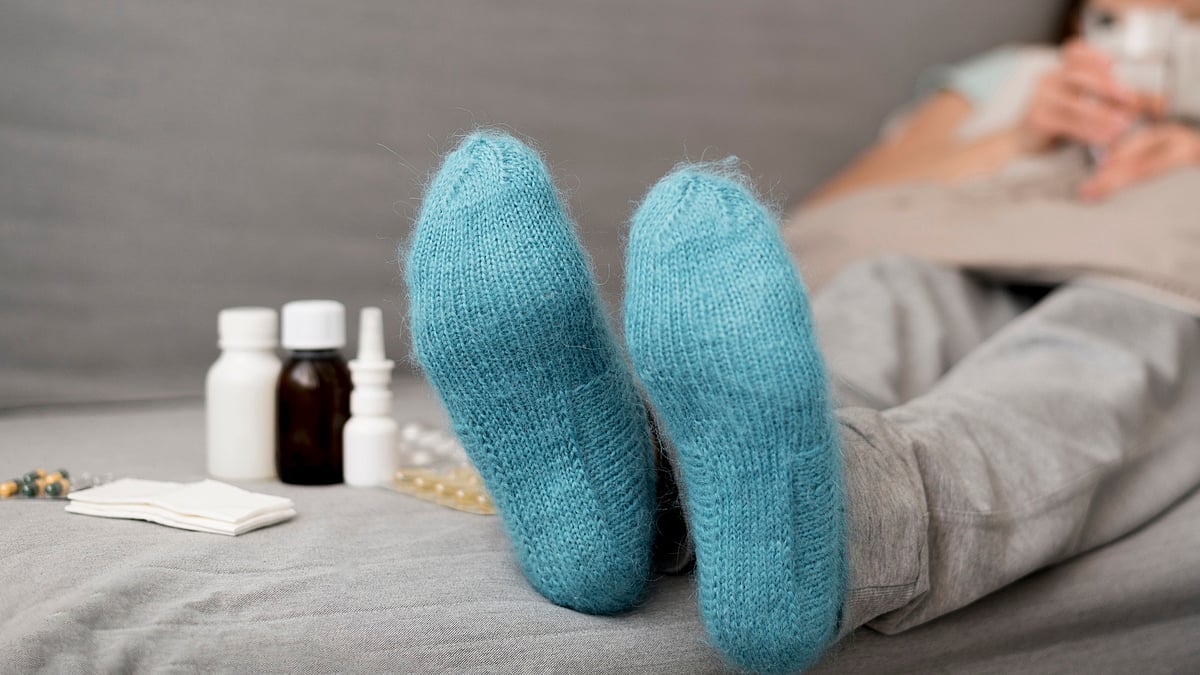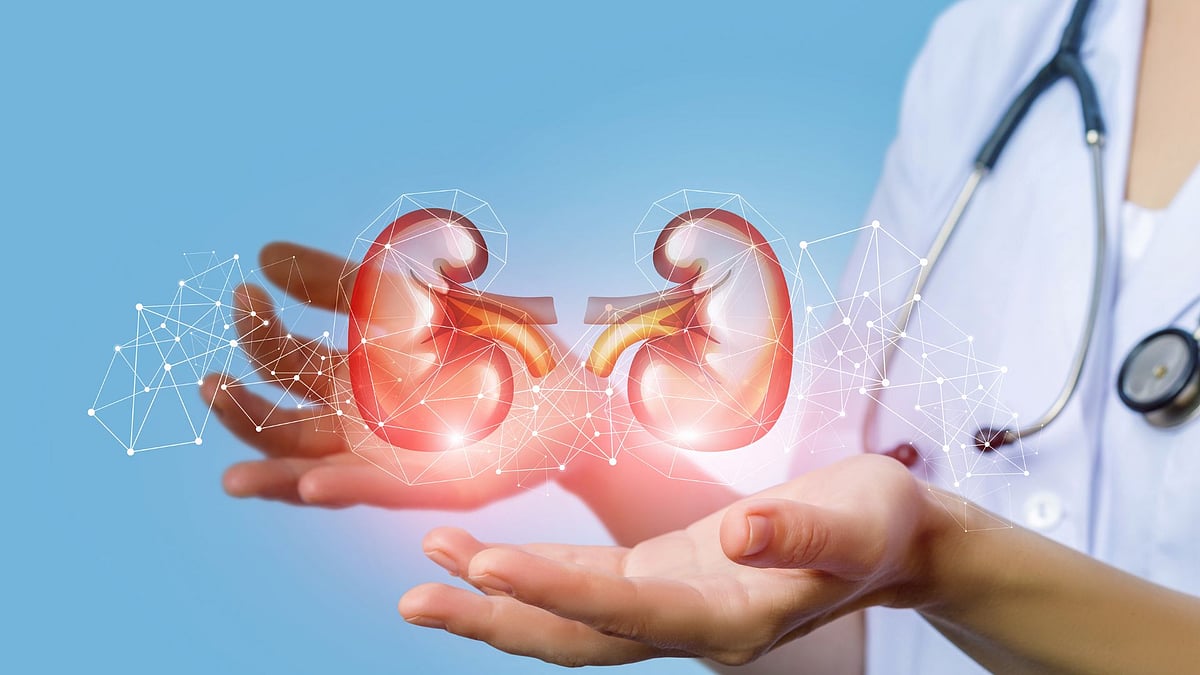Have you ever noticed your hair thinning during particularly stressful times? You're not alone. Stress has long been suspected as a contributor to hair loss, but a groundbreaking study offers new insights into how chronic stress disrupts hair growth at a cellular level.
According to the study published under the National Institutes of Health (NIH), chronic stress impacts various health aspects, including digestion, sleep, and mental health. But its role in hair loss has now been further clarified by research led by Dr. Ya-Chieh Hsu of Harvard University, published in Nature.

Canva
Hair growth cycle and stress
Hair growth consists of three stages: anagen (growth), catagen (degeneration), and telogen (rest). Stem cells in hair follicles are responsible for driving this cycle, helping to regenerate hair during the growth phase. However, chronic stress can disrupt this natural process, pushing hair follicles into a prolonged resting phase.
Hsu’s team discovered that stress-induced hair loss is primarily mediated by the hormone corticosterone in rodents (similar to cortisol in humans). In experiments, mice without adrenal glands—which produce corticosterone—experienced continuous hair regrowth even as they aged. Simultaneously, when exposed to mild stress over several weeks, mice showed increased corticosterone levels and significantly reduced hair growth.
How does stress block hair regrowth?
The study identified the dermal papilla, a cluster of cells located beneath the hair follicle, as the primary target of the stress hormone. Corticosterone inhibits the dermal papilla from secreting GAS6, a molecule essential for activating hair follicle stem cells.
"In the future, the GAS6 pathway could be exploited for its potential in activating stem cells to promote hair growth," explained Dr. Sekyu Choi, the study’s first author. Delivering GAS6 directly to stressed mice successfully restored their hair growth, suggesting a potential therapeutic approach.

Canva
While these findings are promising, researchers suggest that further studies are necessary to determine whether the same mechanisms apply to humans. Nonetheless, this research highlights the profound impact of stress on the body, extending beyond hair loss to potentially affect tissue regeneration in other areas.
If you’re struggling with hair loss, managing stress might be a key step in regaining control—not just for your hair but for your overall health.












